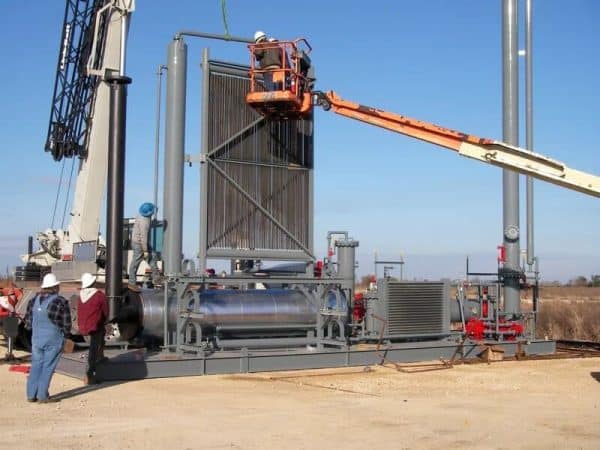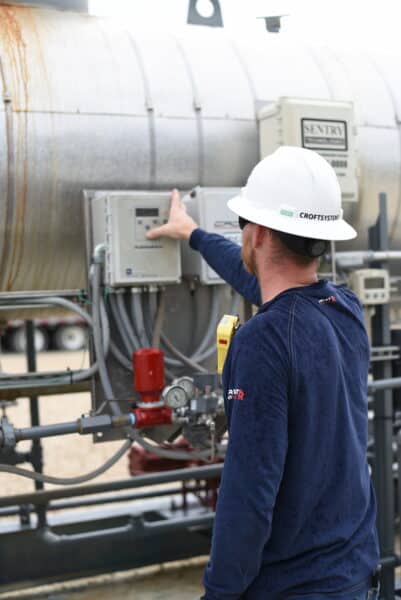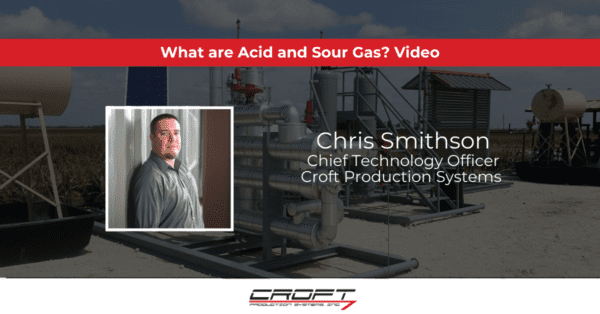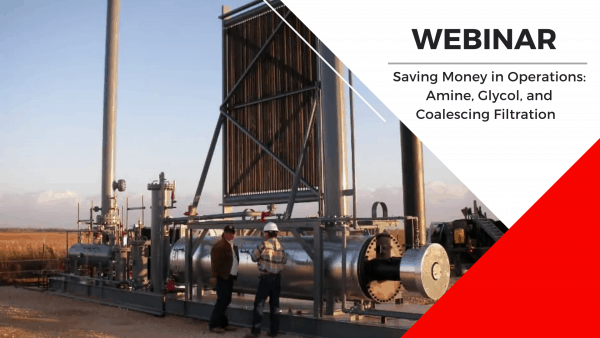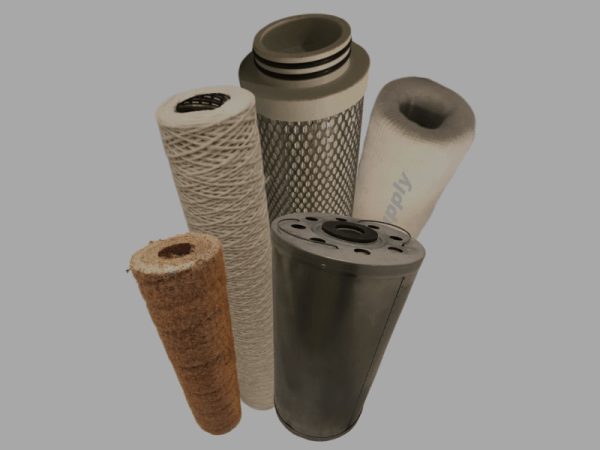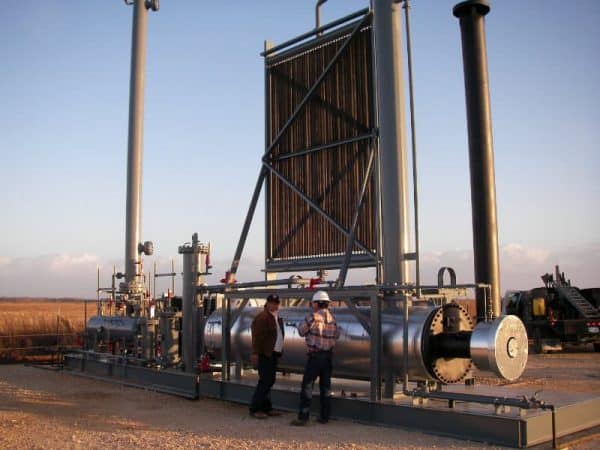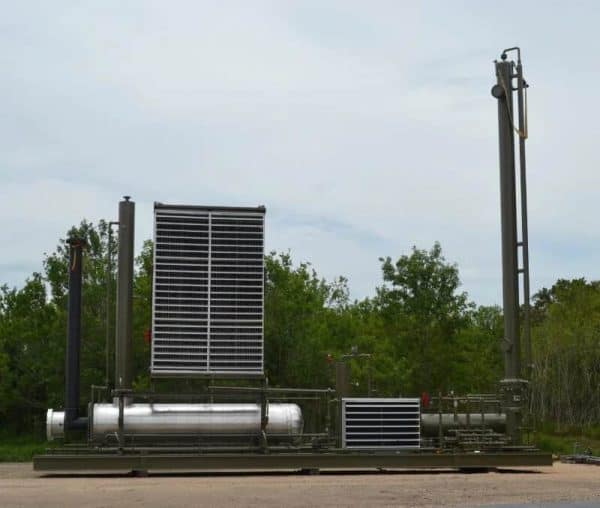Amine Plants Products
Welcome to our Amine Plants category, where we explore the fascinating world of amine-based gas-treating processes and their crucial role in purifying and conditioning various gases. Our expert contributors will guide you through the intricacies of amine plant design, operation, and maintenance, as well as the latest advancements in amine technology.
In this category, you’ll discover the science behind the amine-based gas treatment, specifically focusing on the absorption and desorption processes that remove impurities like hydrogen sulfide and carbon dioxide from natural gas and other industrial gases. We’ll discuss the different types of amines used, such as primary, secondary, and tertiary amines, as well as their unique properties and applications.
Learn about the challenges associated with amine plant operations, such as corrosion and amine degradation, and delve into the innovative solutions being developed to mitigate these issues. Stay informed on regulatory changes, industry best practices, and emerging trends that shape the future of amine plants and their environmental impact. Join us in exploring this critical component of the gas processing industry.
An amine plant, also known as an amine treating unit or gas sweetening unit, is a critical component in the oil and gas industry, designed to remove acidic components—primarily hydrogen sulfide H2S and carbon dioxide CO2 —from natural gas and other process streams. This process is essential for meeting pipeline specifications, protecting equipment from corrosion, […]
Industrial burners sit at the center of many oil and gas processing operations. From glycol dehydration units and amine plants to line heaters and fired process heaters, safe and efficient combustion is critical to production reliability, operating costs, and personnel safety. Yet burners are often treated as “set it and forget it” equipment. Over time, […]
Yannelyz: We’re back here with Chris to talk about acid and sour gas today. So Chris, what is acid gas? What is Acid Gas? Chris: Acid gas refers to a hydrocarbon stream where the components that are in the gas contain CO2 and also some amount of H2S. Yannelyz: What is sour gas? What […]
This webinar provides education on fuel gas and JTs. Our Director of Engineering focuses on cleaning up fuel gas and getting natural gas to pipeline specification.
Get answers to our client’s most frequently asked questions about filtration for amine plants, glycol dehydrators, and coalescing filters.
This case study will focus on optimizing filtration for amine plants and glycol dehydrators, therefore decreasing shutdown time and saving money.
Most customers dread having to conduct a full cleanout of a TEG dehydrator. The cleanout sometimes implies shutdowns or drop in capacity. One of the ways CROFT designed the Passive Dehydration System (PDS) is to be utilized as a quick, easy, and a temporary way to bypass a TEG and continue to dehydrate the gas while your TEG is shut down and getting serviced/cleaned out.
*Updated May 2020 Working on an oil & gas site can be dangerous in many ways. This is why many procedures and protocols are in place for accident prevention. Let’s hone in on safety gear and protocols specific to working with H2S, as this directly affects many of our clients and our field service team. […]

